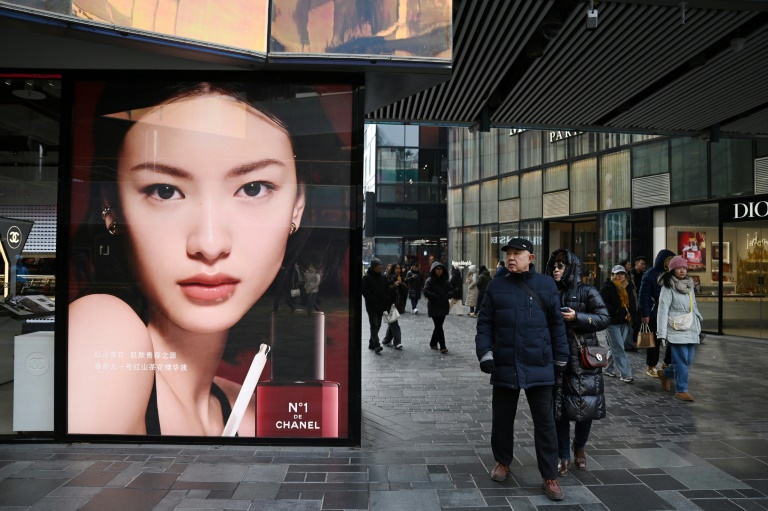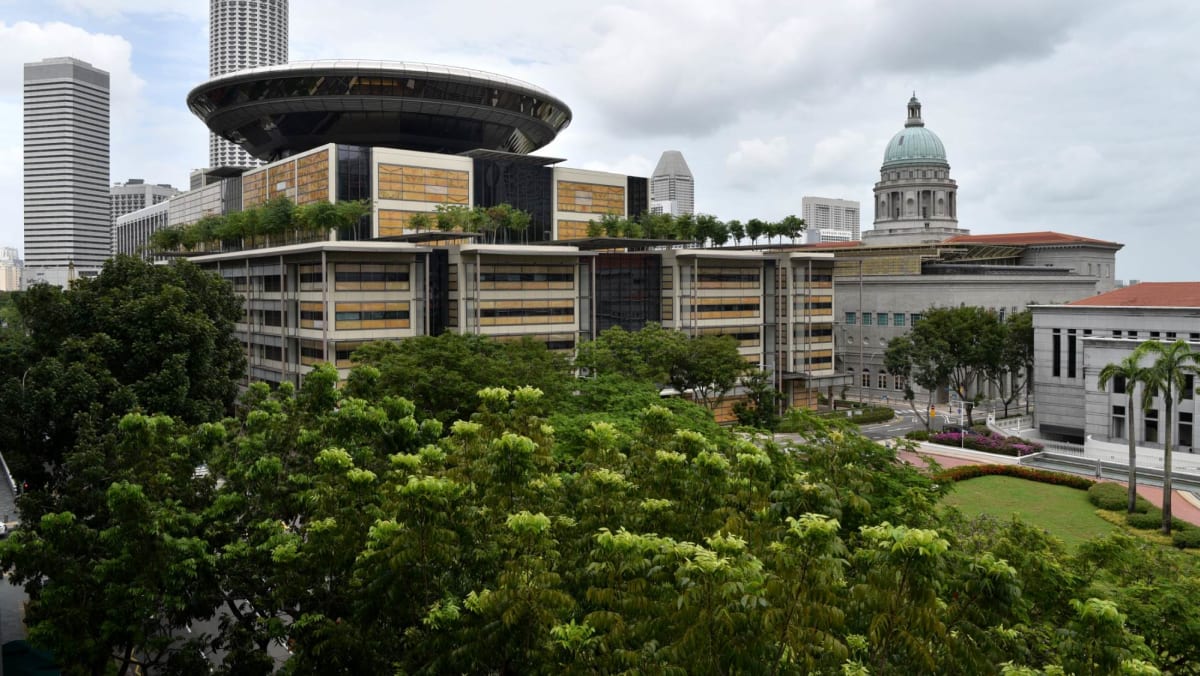Cancer cases in India will see a 57.7% increase by 2040, unless a tailored policy is developed.
NEW DELHI, Feb. 4, 2025 /PRNewswire/ — This ‘World Cancer Day’, the Global Sustainability Alliance (GSA) spotlighted the growing cancer incidence denting the ‘Viksit Bharat 2047’ vision & stressed on an urgent need to bolster public health programs with an alternative tailored strategy to improve public health. According to the Global Cancer Observatory (GLOBOCAN), cancer cases in India would increase to 2.08 million, accounting for a rise of 57.5% in 2040 from 2020. At present India ranks 3rd globally among the countries with most cancer cases, suggesting that the internationally prescribed tobacco control measures have been less effective.
India has made notable progress in tobacco control, however the Report, ‘Human-centric Approach to Tobacco Control’ highlights the pervasive use of tobacco, making India the 2nd largest tobacco using population globally. With a 27% prevalence of tobacco consumption among the population aged 15 years and above, India faces a unique challenge due to a large economically weak tobacco-using population.
Dr. Lancelot Mark Pinto, Consultant Pulmonologist and Epidemiologist at PD Hinduja Hospital, said, “One of the leading causes of cancer in India is tobacco use. There is no safe way to use tobacco, however, the major risk of cancer is associated with tobacco smoking. It is the burning/combustion of tobacco that releases harmful toxins, leading to smoking related diseases, including cancer.”
Speaking on the urgent need to curb tobacco harm, Dr Prof. Bijon Misra, Founder Director at Patient Safety and Access Initiative of India Foundation Private Limited, said, “The growing rate of cancer in the country is alarming. Unfortunately, global bodies like the World Health Organization (WHO) have not been able to solve this crisis effectively. Beyond supply and demand reduction, harm reduction is another critical aspect mentioned in WHO’s global treaty, Framework Convention on Tobacco Control (FCTC), but not actively adopted by countries, causing failure to meet reduced consumption goals. A healthy population is the backbone of India’s ‘Viksit Bharat 2047’ vision, however, unless the tobacco control policy is tailored to the situation on ground, cancer cases will continue to rise.”
Global state-led efforts have also seen non-governmental organizations attempting to influence tobacco health policies. Early last year, the Indian government placed a leading U.S. advocacy organization, Campaign for Tobacco-Free Kids (CFTK), under Prior Reference Category (PRC) indicating that international donations in India will have to be vetted and approved by the authorities before being utilized. The Union home ministry cited lobbying by domestic NGOs against the tobacco industry as one of the main reasons for the move. Further, Trump’s WHO threat let to a debate on the efficiency of global health governance.
Speaking on this global influence, David Sweanor, Faculty of Law, University of Ottawa, said, “It is not a hidden fact that international NGOs are working with a larger agenda. They continue to run multi-million-dollar campaigns to outlaw less harmful alternatives. These efforts have quickly scaled to the level of the WHO to completely outlaw these alternatives in developing countries across Latin America, Asia, and more, which have larger smoking populations than in the U.S. and Europe, depriving them of reduced risk alternatives. Even though health agencies in nations such as U.S., U.K., New Zealand, Sweden, Japan and even Canada actively recommend some form of alternatives to get smokers to quit, this option is kept off the table in developing nations.”
In a recent development, the FDA authorized the marketing of 20 ZYN nicotine pouch products after a thorough scientific evaluation. The federal body’s approach of regulating less harmful alternatives has helped the country achieve record cessation rates. A Gallup report found smoking in the U.S. is at an 80-year low with just 11% population smoking while the National Youth Tobacco Survey (NYTS), reported current use of any tobacco product among high school students at 10.1%, lowest in 25 years.
This approach is being explored by developing countries as well. In Thailand, a special parliamentary committee tasked with studying laws and measures to regulate less harmful alternatives has signaled towards regulating these alternatives in the country. Therefore, the committee must seek regulatory & control measures appropriate to Thailand’s circumstances, state of reality and context.
India is on a growth trajectory and aims to achieve its vision of ‘Viksit Bharat 2047. However, making this a reality would need a healthy population that can support this growth. Hence, an urgent collaborative effort among the policy makers, industry, and organizations, emphasizing the role of harm reduction alternatives is required to grapple with a rising tobacco induced cancer burden, to ensure improved public health.
About Global Sustainability Alliance’s Leadership Council for Good Health and Well-being
The Global Sustainability Alliance’s Leadership Council for Good Health and Well-being is an initiative of The Times Group’s Global Sustainability Alliance (GSA) and ET Edge. The Council is a think-and-do tank that works towards driving meaningful change through the study and evaluation of real-world issues.
View original content:https://www.prnewswire.com/in/news-releases/growing-incidence-of-cancer-is-denting-the-viksit-bharat-2047-vision–global-sustainability-alliance-experts-302366580.html







